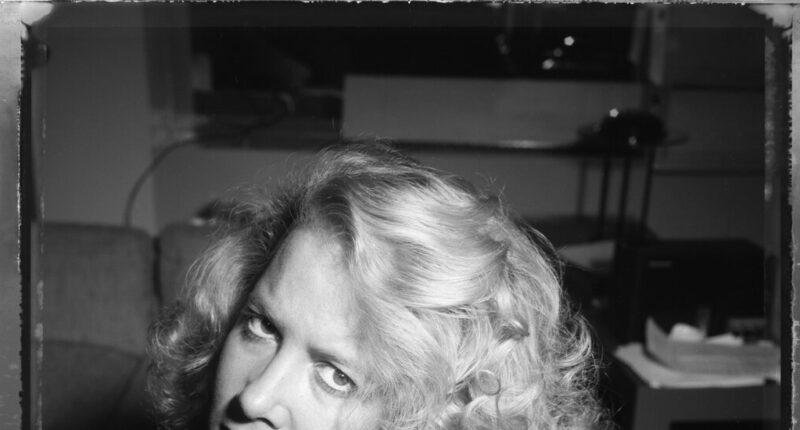
In 1971 Ms. Finke made her debut in society at the International Debutante Ball in New York. Three years later, when she was 20, The Times published the news of her engagement to Jeffrey Greenberg, the son of the insurance executive Maurice Greenberg.
There were signs, early on, that Ms. Finke wouldn’t fulfill the expectations of her parents, who saw her as a future wife and mother of the upper class. At Wellesley College she was an editor of the campus newspaper. And in what was apparently her first job — staff assistant to Representative Edward I. Koch, the New York Democrat who would later become the mayor of New York City — she was sold on the idea of a career in journalism: “When I saw the way Ed and his staff would genuflect to journalists, I went, ‘Oh, I want to do that,’” she said in a 2013 interview.
In 1975 she went to work for The Associated Press, to her parents’ dismay. She covered Mr. Koch’s 1977 mayoral run and put in time at the news service’s Moscow bureau. That posting, she later said, spurred her interest in closed societies, by which she meant Hollywood.
She did not marry Mr. Greenberg until 1980. The wedding was held at the Pierre Hotel, and the marriage lasted less than a year. It came to an end, Ms. Finke later said, largely because of her ambitions, which would take her to The Dallas Morning News, Newsweek, The Los Angeles Times, The New York Observer and New York magazine.
Perhaps because of her upbringing, she was not cowed by Hollywood. She began making a name for herself by pitilessly tracking the fortunes of C-suite stars of the day — Bob Daly, Barry Diller, Michael Eisner, Ari Emanuel, Jeffrey Katzenberg, Mr. Meyer, Michael Ovitz, Terry Semel, Jim Wiatt, Jeff Zucker and many others. But her ambitions were sometimes thwarted by a slew of factors that, depending on whom you ask, included her being too tough, too emotional, too erratic, or simply being a woman in a man’s profession.
“She was very smart,” said Lisa Chase, who edited her at The Observer in the 1990s. “She had a particular indignation about the Hollywood power structure and how it abused money. And she had great sources.”
Source: | This article originally belongs to Nytimes.com








